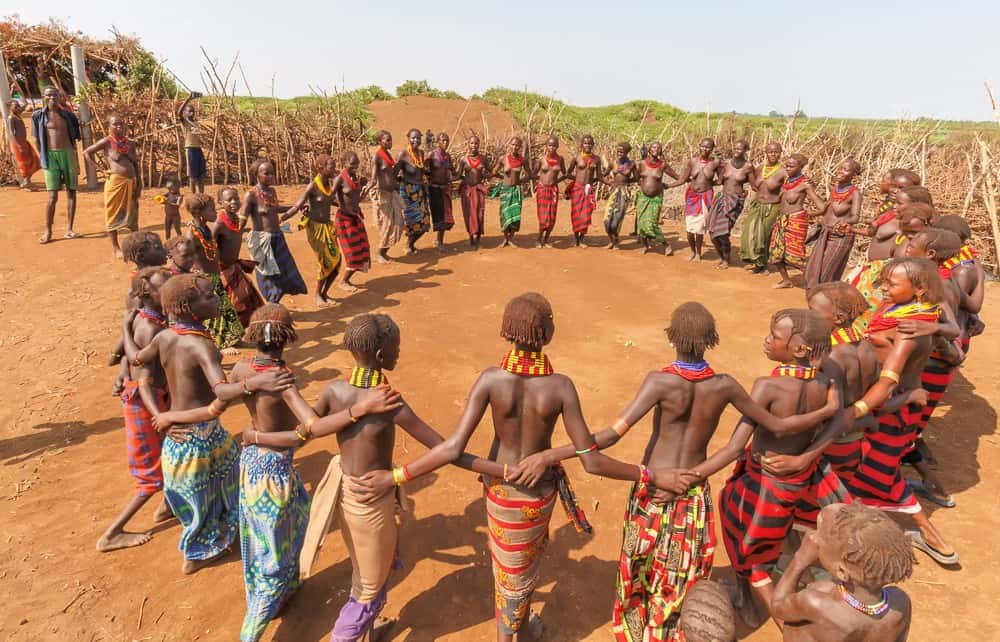
Last Sunday afternoon as I was perambulating in my new neighborhood, I saw a crowd of people gathered and shouting. Like a typical Kenyan, I moved nearer to the source of chaos. I’m one of those people who likes to “zubaa” watching acrobats, preachers and herbal medicine peddlers in the streets.
It was a volleyball match. As I moved closer to the pitch, I noticed that one of the teams had jerseys with the name of my “mtaa” at their back. Immediately, I wanted them to win.
I think Volleyball is one of the most exciting spectator sport. Unlike football where you can watch a whole 90 minutes without seeing a single goal, in volleyball there’s adrenalin rush every minute as your team wins or loses a point.
We lost the first set and narrowly won the second. By the time we went to the third set, I was so emotionally invested in the game and was even counting the scores. Every time our player “spiked” I cheered and shouted “uaaaa”. I wanted him to “kill” them. Every time our opponents won a point, I felt the pain. At some point I hurled insults at the referee for stealing a point from us. Of course I abused him while safely standing at our teams corner!
In that euphoria, I lost my individuality. My profession, social class or decorum was forgotten. I saw myself as part of the team and wanted us to win by all means. We shared the joy when we won a point and shared the pain when we lost. Otieno, Ndungu and Wa-ingo were our star players.
I viewed any decision by the referee against us as unfair. But did not mind him being unfair to our opponents. We almost clobbered the referee when he “unfairly” denied us a point. I wanted our team to win, by hook or crook. My desire for my team to win was greater than my desire for justice and fair play.
You see, we form affiliations, not through lectures, committees and constitutional amendments. But through a simple heuristic. Similarity. People like us. Whenever we see people who are similar to us, we easily want to support them and help them win.
How a competition is framed therefore determines who we will support. Which identity is evoked in the competition? Is it age, ethnicity, social class, profession, or where you live? In this case, the competition was based on where we live. Automatically I supported my own. I did not need to be given ten reasons why I should support one team and not the other.
So really, we feel, then we think. By the time we start thinking, our mind is already made up. We identify with a certain group first. Then our actions are geared towards ensuring that our group wins. By all means. We justify why our group is better and deserves to win and vilify our opponents regardless of them being reasonable or competent than us.
My new tribe is Kizito Volleyball Team.
I am talking about politics.
Life is life
Fabio